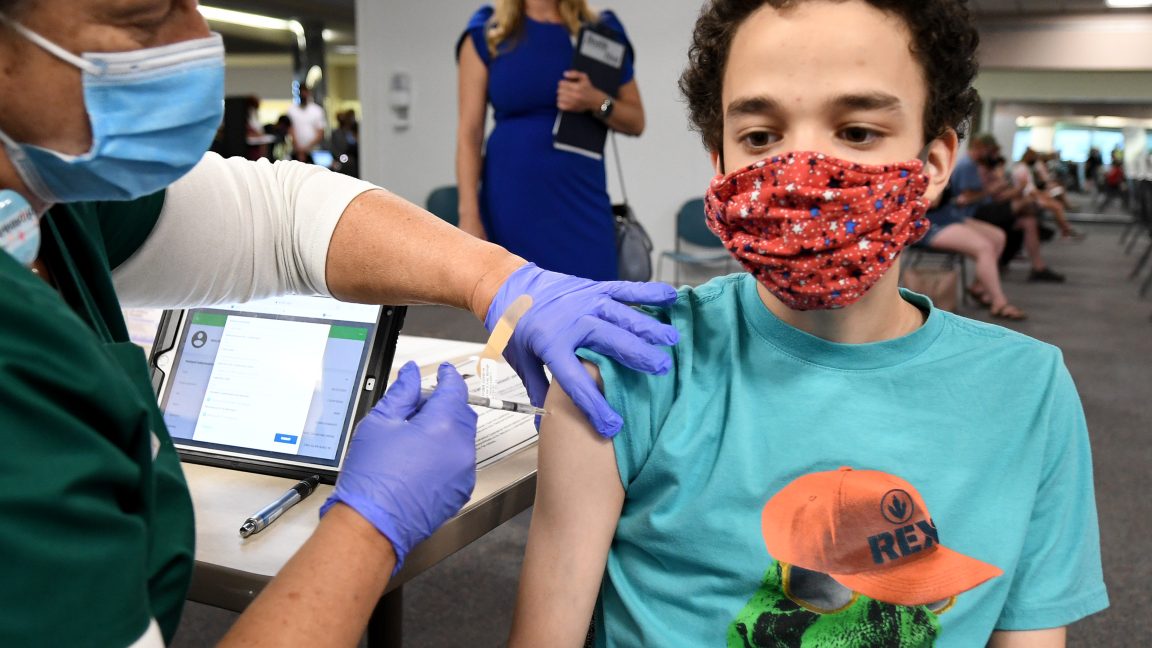Exercise is generally good for you, but a new high-quality clinical trial finds that it's so good, it can even knock back colon cancer—and, in fact, rival some chemotherapy treatments.
The finding comes from a phase 3, randomized clinical trial led by researchers in Canada, who studied nearly 900 people who had undergone surgery and chemotherapy for colon cancer. After those treatments, patients were evenly split into groups that either bulked up their regular exercise routines in a three-year program that included coaching and supervision or were simply given health education. The researchers found that the exercise group had a 28 percent lower risk of their colon cancer recurring, new cancers developing, or dying over eight years compared with the health education group.
The benefits of exercise, published in the New England Journal of Medicine, became visible after just one year and increased over time, the researchers found. The rate of people who survived for five years and remained cancer-free was 80.3 percent among the exercise group. That's a 6.4 percentage-point survival boost over the education group, which had a 73.9 percent cancer-free survival rate. The overall survival rate (with or without cancer) during the study's eight-year follow-up was 90.3 percent in the exercise group compared with 83.2 percent in the education group—a 7.1 percentage point difference. Exercise reduced the relative risk of death by 37 percent (41 people died in the exercise group compared with 66 in the education group).
"The magnitude of benefit from exercise ... was similar to that of many currently approved standard drug treatments," the researchers noted.
However, the exercise routines that achieved those substantial benefits weren't heavy-duty. Participants were coached to perform any recreational aerobic exercise they enjoyed, including brisk walking. Adding 45- to 60-minute brisk walks three or four times a week, or three or four jogs lasting 25 to 30 minutes, was enough for many of the participants to improve their odds.
Overall, the goal was to get the exercise group over 20 MET hours per week. METs are Metabolic Equivalents of Task, which represent the amount of energy your body is burning up compared to when you're at rest, sitting quietly. Brisk walking is about four METs, the researchers estimated, and jogging is around 10 METs. To get to 20 MET hours a week, a participant would have to do five hours of brisk walking a week (e.g., five hour-long walks a week) or jog for two hours a week (e.g., four 30-minute jogs per week).
“Quite impressive”
The exercise group, which had supervised exercise for the first six months of the three-year intervention, reported more exercise over the study. At the end, the exercise group was averaging over 20 MET hours per week, while the education group's average was around 15 MET hours per week. The exercise group also scored better at cardiorespiratory fitness and physical functioning.
Still, with the health education, the control group also saw a boost to their exercise during the trial, with their average starting around 10 MET hours per week. These findings "raise the possibility of an even more powerful effect of exercise on cancer outcomes as compared with a completely sedentary control group," the researchers note.
For now, it's not entirely clear how exercise keeps cancers at bay, but it squares with numerous other observational studies that have linked exercise to better outcomes in cancer patients. Researchers have several hypotheses, including that exercise might cause "increased fluid shear stress, enhanced immune surveillance, reduced inflammation, improved insulin sensitivity, and altered microenvironment of major sites of metastases," the authors note.
In the study, exercise seemed to keep local and distant colon cancer from recurring, as well as prevent new cancers, including breast, prostate, and colorectal cancers.
Outside experts hailed the study's findings. "This indicates that exercise has a similarly strong effect as previously shown for chemotherapy, which is really quite impressive," Marco Gerlinger, a gastrointestinal cancer expert at Queen Mary University of London, said in a statement. "One of the commonest questions from patients is what they can do to reduce the risk that their cancer comes back. Oncologists can now make a very clear evidence-based recommendation."
"Having worked in bowel cancer research for 30 years, this is an exciting breakthrough in the step-wise improvement in cure rates," David Sebag-Montefiore, a clinical oncologist at the University of Leeds, said. "The great appeal of a structured moderate intensity exercise is that it offers the benefits without the downside of the well-known side effects of our other treatments."






